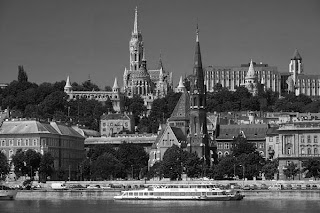
Finland is a Nordic country situated in the Fennoscandian region of Northern Europe. It is bordered by Sweden on the west, Norway on the north and Russia on the east, while Estonia lies to its south across the Gulf of Finland. The capital city is Helsinki.
Around 5.4 million people reside in Finland, with the majority concentrated in the southern part of the country.[1] It is the eighth largest country in Europe in terms of area and the most sparsely populated country in the European Union. The native language of nearly all of the population is Finnish, which is part of the Finno-Ugric language family and is most closely related to Estonian. The language is one of only four official EU languages not of Indo-European origin. The second official language of Finland – Swedish – is the native language of 5.5% of the population.Finland is a parliamentary republic with a central government based in Helsinki and local governments in 342 municipalities. A total of about one million residents live in the Greater Helsinki area (which includes Helsinki, Espoo, Kauniainen and Vantaa), and a third of the country's GDP is produced there. Other major cities include Tampere, Turku, Oulu, Jyväskylä, Kuopio and Lahti.
Finland was historically a part of Sweden and from 1809 an autonomous Grand Duchy within the Russian Empire. Finland's declaration of independence from Russia in 1917 was followed by a civil war, wars against the Soviet Union and Nazi Germany, and a period of official neutrality during the Cold War. Finland joined the United Nations in 1955, the OECD in 1969, the European Union in 1995, and the eurozone since its beginning. Finland has been ranked the second most stable country in the world, in a survey based on social, economic, political and military indicators.
Finland was a relative latecomer to industrialization, remaining a largely agrarian country until the 1950s. Thereafter, economic development was rapid, and the country reached the world's top income levels in the 1970s. Between 1970 and 1990, Finland built an extensive welfare state. In the aftermath of the country's severe depression in the early 1990s, successive governments have changed the Finnish economic system through some privatisation, deregulation and tax cuts.
Finland is well placed in many international comparisons of national performance such as the share of high-technology manufacturing and health care.The country is ranked 1st in the 2009 Legatum Prosperity rating, which is based on economical performance and quality of life.








